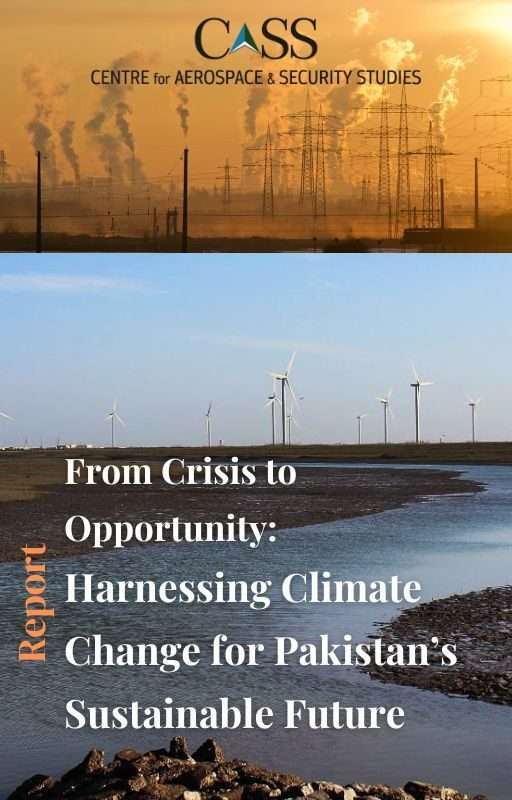Climate change is a pressing global issue with far-reaching impacts on the environment and human societies. According to the Global Climate Risk Index 2021, Pakistan is ranked the 8th most vulnerable country despite its low carbon emissions of less than 1%.
Pakistan’s vulnerability is driven by its geographic location, socioeconomic conditions, and institutional capacity. The country is home to nearly 7000 glaciers which cover about 13% of its land. Melting glaciers, due to high temperatures, has caused a substantial reduction of ice mass by 36% since 1997 leading to devastating consequences, including floods and landslides, reduced water availability and loss of biodiversity and ecosystem services. Temperature rise also alters precipitation patterns, leading to irregular rainfall which impacts agriculture, accessibility to water resources and intensifies the possibility of flooding as well as drought events. Moreover, Pakistan’s coastal regions are extremely susceptible to sea-level rise, storm surges, and erosion. The increased water levels threaten human settlements, fisheries, and ecosystems while worsening financial difficulties and food insecurity in these localities.
These pressing challenges pose significant threats to Pakistan’s economy, energy supply, food security, water availability, and the well-being of millions of individuals, thereby impacting every facet of human and national security. The gravity of the situation necessitates urgent attention and the formulation of a comprehensive plan for adaptation and mitigation. Swift action is imperative to address these issues effectively and safeguard the nation’s socioeconomic stability, environmental sustainability, and the overall welfare of its populace.
In this regard, the Centre of Aerospace & Security Studies (CASS), Islamabad, organised a Distinguished Guest Lecture featuring a renowned scholar who possesses extensive expertise in the field of climate change and related subjects. This scholar brings a wealth of experience gained through practical work, teaching, and scholarly contributions, making their insights invaluable in addressing the complexities of climate change and its associated challenges.




